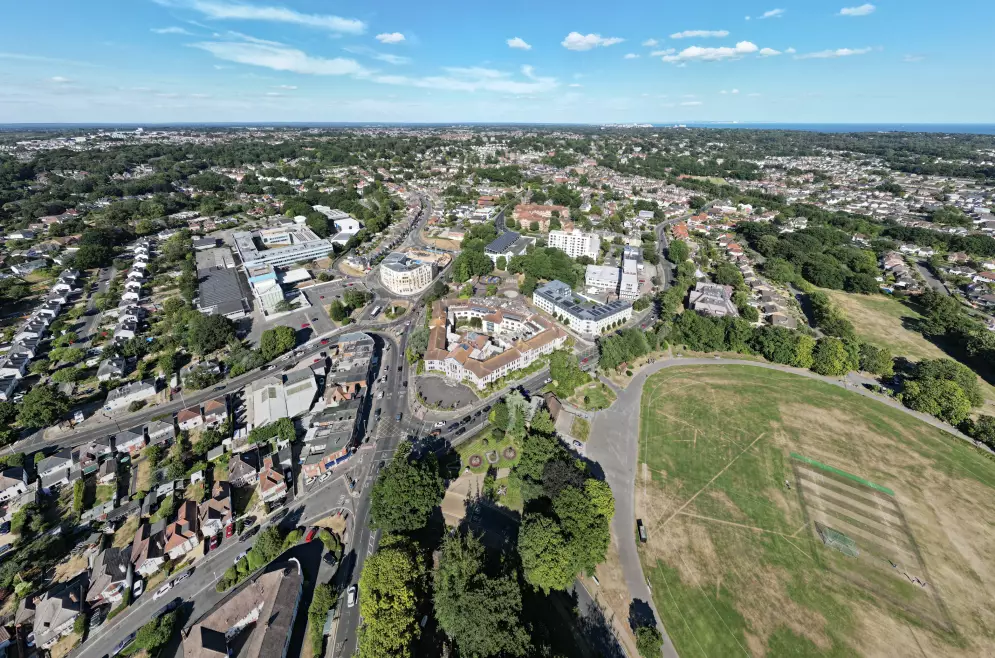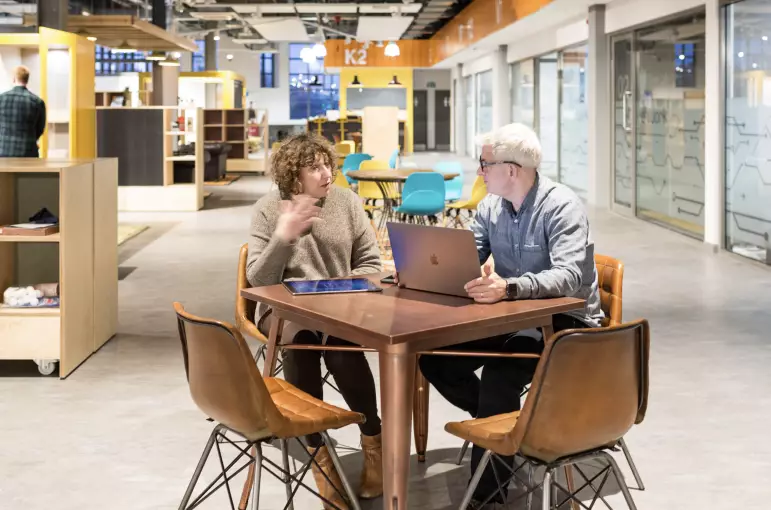

Some participants expressed more specific concerns, suggesting that our regional infrastructure – whether that be roads, broadband or even housing stock – would struggle to support growth. One hoped it would encourage leading organisations to collaborate more effectively, whilst expressing a concern that “local rivalries may undermine co-operation”.
Our seminar was held on the day after the Solent Freeport received its final approval from Government, and, with that greater certainty, the project team and organisations such as Hampshire Chamber of Commerce are now taking proactive steps to widen the discussion on the initiative. It is clear there is a large audience to reach, and an appetite to know more and to engage.
Others were unaware of the initiative, and there was a general sense that such a potentially significant innovation does not have a sufficiently high profile in the region’s business community: as one participant put it “Solent Freeport is simply not part of the regional conversation”.
That lack of awareness feeds concerns about what a freeport actually is, and there are many misconceptions. Whilst the direct impacts of tax and custom incentives are clear to many, few can immediately articulate what the wider benefits might be for local businesses, or how it may stimulate growth. There is some concern that it may have a negative impact, for example because incentives may give an unfair advantage.
Many of those we spoke to were enthusiastic about the opportunities the Solent Freeport may offer our regional economy. That said, most only have a very general understanding of how it may work and base their support on the positive messages which have been promoted locally and nationally.
Some participants expressed more specific concerns, suggesting that our regional infrastructure – whether that be roads, broadband or even housing stock – would struggle to support growth. One hoped it would encourage leading organisations to collaborate more effectively, whilst expressing a concern that “local rivalries may undermine co-operation”.
Our seminar was held on the day after the Solent Freeport received its final approval from Government, and, with that greater certainty, the project team and organisations such as Hampshire Chamber of Commerce are now taking proactive steps to widen the discussion on the initiative. It is clear there is a large audience to reach, and an appetite to know more and to engage.

Others were unaware of the initiative, and there was a general sense that such a potentially significant innovation does not have a sufficiently high profile in the region’s business community: as one participant put it “Solent Freeport is simply not part of the regional conversation”.
That lack of awareness feeds concerns about what a freeport actually is, and there are many misconceptions. Whilst the direct impacts of tax and custom incentives are clear to many, few can immediately articulate what the wider benefits might be for local businesses, or how it may stimulate growth. There is some concern that it may have a negative impact, for example because incentives may give an unfair advantage.

Many of those we spoke to were enthusiastic about the opportunities the Solent Freeport may offer our regional economy. That said, most only have a very general understanding of how it may work and base their support on the positive messages which have been promoted locally and nationally.